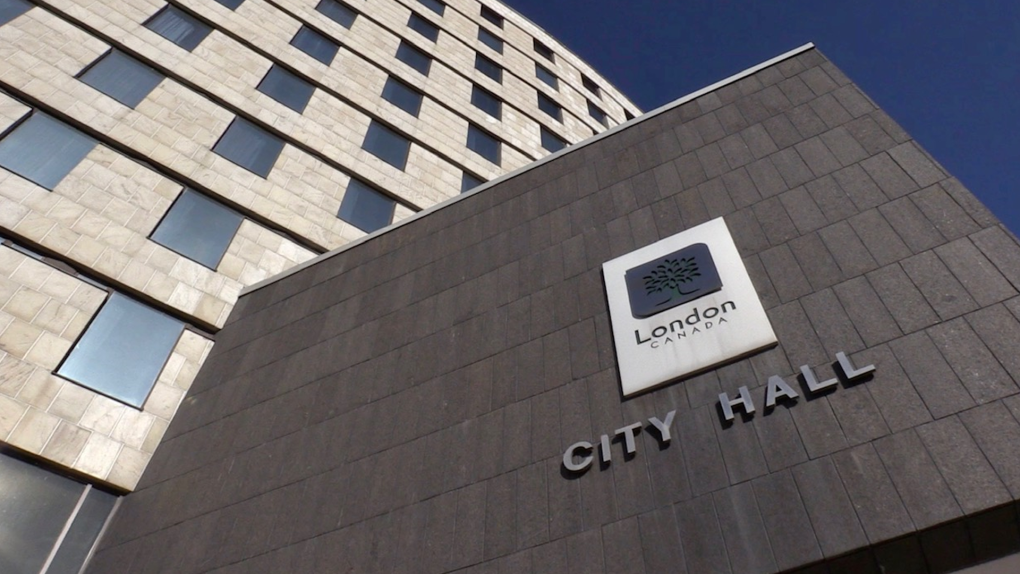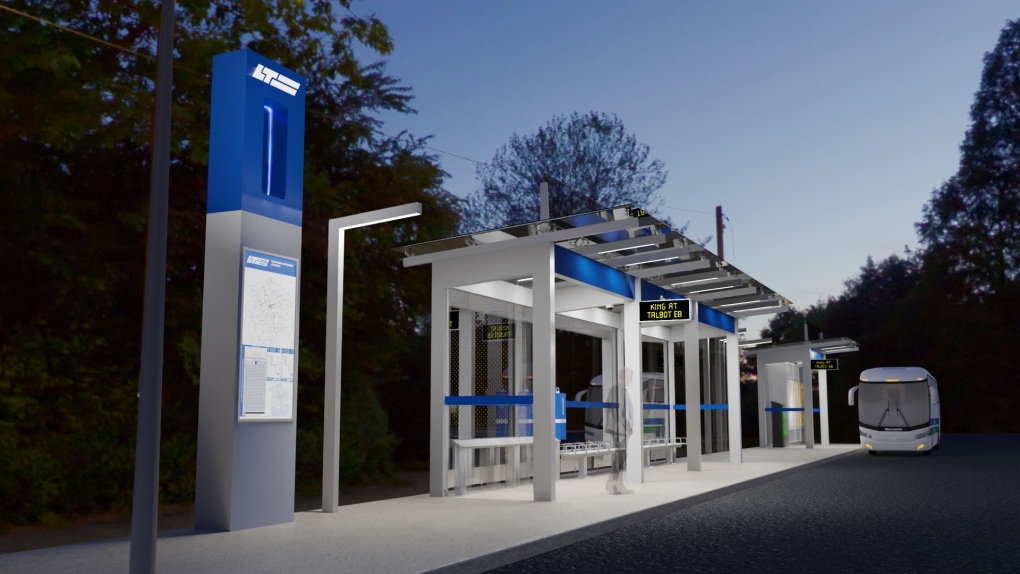The present authorities steerage says folks in England ought to nonetheless make money working from home if doable, however there was a push in some quarters to try to get folks again into the workplace as lockdown eases.
Why does the realm want reviving?
With the pandemic main to an enormous and sudden change in working patterns and practices, and a keep at residence message for a lot of the final yr, many metropolis centres have been left abandoned – digital ghost cities – as employees have stayed away to minimize the chance of transmitting the virus.
Pre-Covid, the Square Mile could be just about abandoned on weekends, however throughout the week it was one of the busiest and most bustling components of London as commuters got here from far and large to work for numerous banks, insurance coverage corporations, startups and finance corporations. At lunchtime, the realm’s numerous cafes, pubs and lunch haunts could be packed to the rafters. In the night, the realm’s quite a few bars, pubs, eating places and golf equipment would usually be very busy.
But that each one modified when Covid hit and folks began working from residence somewhat than commuting in to town. Weekdays within the Square Mile grew to become comparable to the weekends, with an eerie sense of calm and vacancy.
The City of London Corporation, as half of its restoration technique to bounce again from Covid, has outlined the way it will purpose to meet the problem of adapting to the brand new regular that’s set to emerge after the pandemic. There is extremely unlikely to be a return to the 9-5 workplace day, the push hour commute, or the rat race that was seen earlier than.
With this in thoughts, the governing physique proposes a mix of new schemes and refurbishments of outdated buildings to meet its housing targets, which incorporates not less than 35% inexpensive housing. The Corporation has additionally stated there’s an ambition to ship larger ranges of inexpensive housing ‘the place that is viable’.
Property agency Knight Frank says that, regardless of the realm in and across the City relationship again greater than 2,000 years, to Roman instances, a lot of its housing inventory was really constructed within the Nineteen Sixties.
The company informed the BBC that in March 2020, there have been roughly 7,850 residential items within the space many monetary providers corporations name residence – largely discovered throughout purpose-built estates. The space has at all times been way more about enterprise, finance and after-work drinks than it has been a spot to stay.
According to the BBC, beneath the brand new proposals printed on Tuesday, long-term allows empty buildings could possibly be supplied to creatives as a substitute. The Corporation will even purpose to entice ‘high-potential tech-led companies’ to the realm with numerous enhancements, together with making 5G out there throughout the Square Mile.
“Firms have informed us that they continue to be dedicated to retaining a central London hub however how they function will inevitably change to replicate post-pandemic traits, similar to hybrid and versatile working,” Catherine McGuinness, coverage chair on the City of London Corporation, commented, arguing that the physique has been attempting to hear to organisations and the way their wants have advanced throughout the Covid disaster.
“The Square Mile should evolve so as to present an ecosystem that is still engaging to employees, guests, learners and residents,” she added.
Is this the long run?
In the final yr, there have been many examples of workplace to residential conversions, as this development has elevated considerably throughout the pandemic. Meanwhile, excessive avenue retail giants similar to John Lewis have entered the rental market to repurpose websites which not have their authentic use.
Working from residence was on the rise earlier than the pandemic, however nonetheless remained a comparatively area of interest factor. The majority of workplace employees had been within the workplace from Monday to Friday, 9-5 (or longer). The pandemic has seen a giant shift and accelerated the development for working from residence, which was seemingly to come in some unspecified time in the future however has been supercharged by Covid.
Many corporations have embraced the brand new methods of working whereas workers have delighted on the higher work/life stability and lack of commute that working from residence frequently affords.
Even main organisation similar to BP have signalled that they see versatile working as the long run, with the corporate saying its workers are set to make money working from home two days per week transferring ahead.
Hybrid working – which mixes working from residence with going into the workplace one, two or three days per week – is about to turn into far more commonplace sooner or later, with versatile workspace suppliers anticipating an enormous leap in demand as soon as the pandemic eases. Many corporations are selecting to downsize their places of work, too, creating versatile hubs as a substitute of giant, inflexible, fastened places of work that are half empty and costing a major quantity to run.
Not everyone seems to be on board with the brand new methods of working, with US funding financial institution Goldman Sachs outspoken in opposition to distant working as the brand new regular. David Solomon, the financial institution’s chairman and chief government, has labelled such methods of working an ‘aberration’.
However, his viewpoint would seem to be within the minority. From Facebook saying its workers can nonetheless make money working from home after Covid to excessive avenue constructing society Nationwide insisting its 13,000 workers can work from anyplace, the long run of work goes to look very totally different and has given folks far more flexibility than ever earlier than.
Cities and former employment hubs – locations that had been extra arrange as locations to work somewhat than locations to stay – will want to adapt and evolve to thrive within the new regular, and workplace and retail to residential is a method of doing this. By changing empty places of work with properties, folks will likely be introduced again to these areas, spending cash, constructing communities and permitting current or new companies similar to cafes, eating places, bars, pubs, hairdressers, launderettes and newsagents to thrive as soon as once more.
The City of London is one of the obvious examples of an space that wants to evolve, however it is going to be removed from the one metropolis centre hub that rethinks its entire identification because the world continues to change quick.




